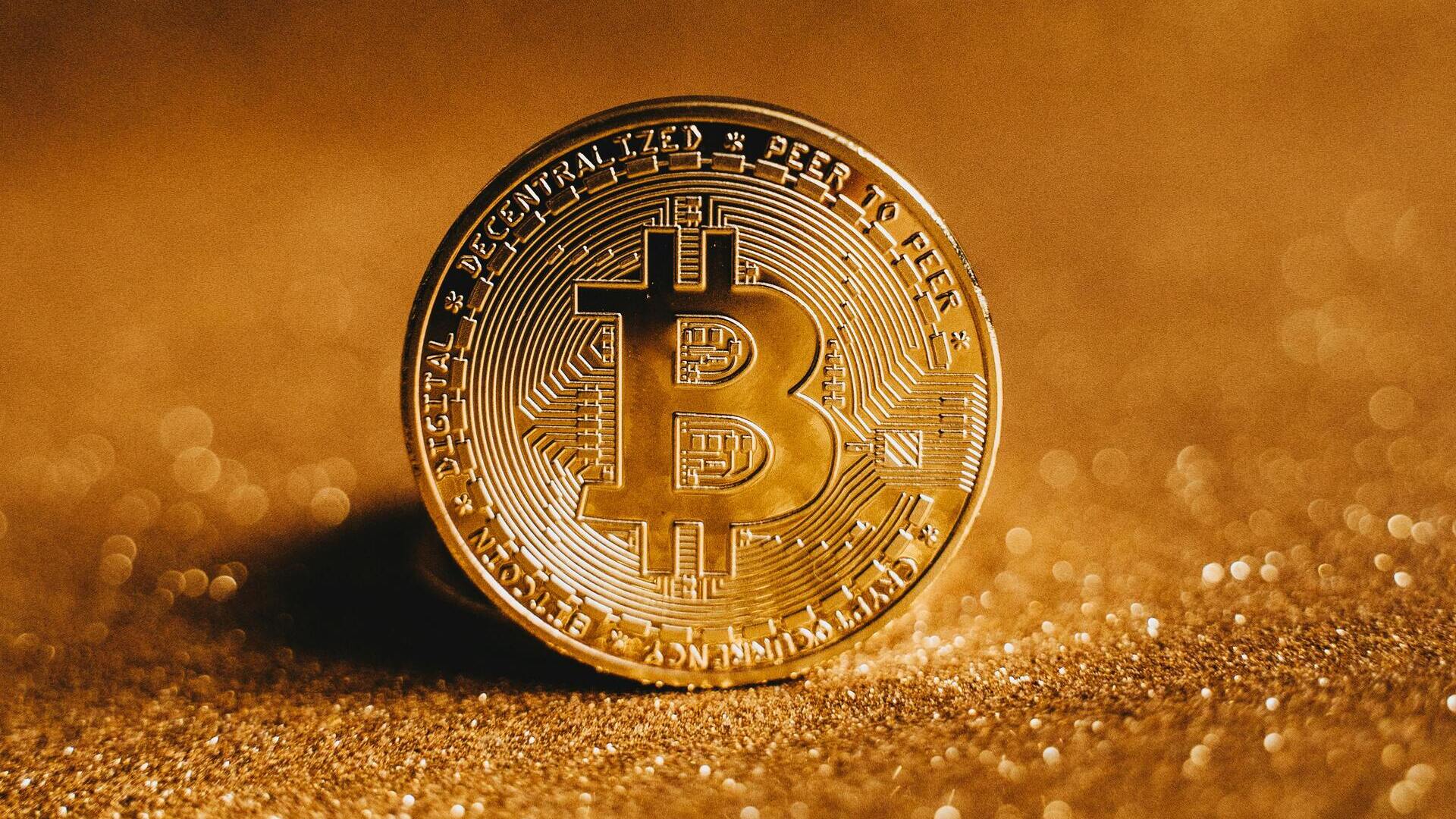Context and Drivers
A recent analysis from Deutsche Bank suggests that Bitcoin could potentially become part of official government reserves before the year 2030, positioning it alongside gold as a non-sovereign store of value. This would represent a significant structural shift in global finance, with profound implications for how nations manage their assets.
The bank links this potential shift to a decline in confidence in traditional monetary systems following the 2008 financial crisis, exacerbated by years of expansive monetary policy. For instance, the U.S. Federal Reserve’s balance sheet ballooned from around $800 billion in 2007 to over $8 trillion by 2022. This environment has paved the way for traditional financial institutions to seriously consider digital assets.
Signals of this mainstream acceptance are growing. Bitcoin exchange-traded funds (ETFs) held over $50 billion in assets by the third quarter of 2025, and companies like MicroStrategy have accumulated substantial Bitcoin treasuries. These developments are cited as evidence of Bitcoin’s ongoing normalization within institutional portfolios. However, significant hurdles remain, including Bitcoin’s inherent price volatility and a lack of consistent regulatory frameworks across different countries.

Implications, Risks, and What to Watch
Should this prediction materialize, it would trigger a series of major adjustments in international finance.
The diversification of reserves away from traditional currencies like the U.S. dollar and euro would require entirely new frameworks for allocation, reporting, and oversight of these digital assets. Effective risk management would become paramount, necessitating the development of sophisticated hedging tools and derivatives markets to help governments manage Bitcoin’s price swings.
Furthermore, regulatory clarity is a pivotal prerequisite. Uneven rules across jurisdictions currently complicate integration. While frameworks like the European Union’s MiCA regulation provide more definition, practical challenges around custody, liquidity, and transaction costs must be solved with robust institutional-grade services.
The key variables to watch in the near term are regulatory developments and the maturation of financial infrastructure like derivatives and custody solutions. According to Deutsche Bank, these factors will ultimately determine whether it becomes practical for a country to hold Bitcoin in its reserves. The bank concludes that while widespread adoption by 2030 is not the most probable outcome, it is feasible that some advanced economies could allocate a small percentage of their reserves to Bitcoin before then, provided the necessary market and regulatory conditions fall into place.


